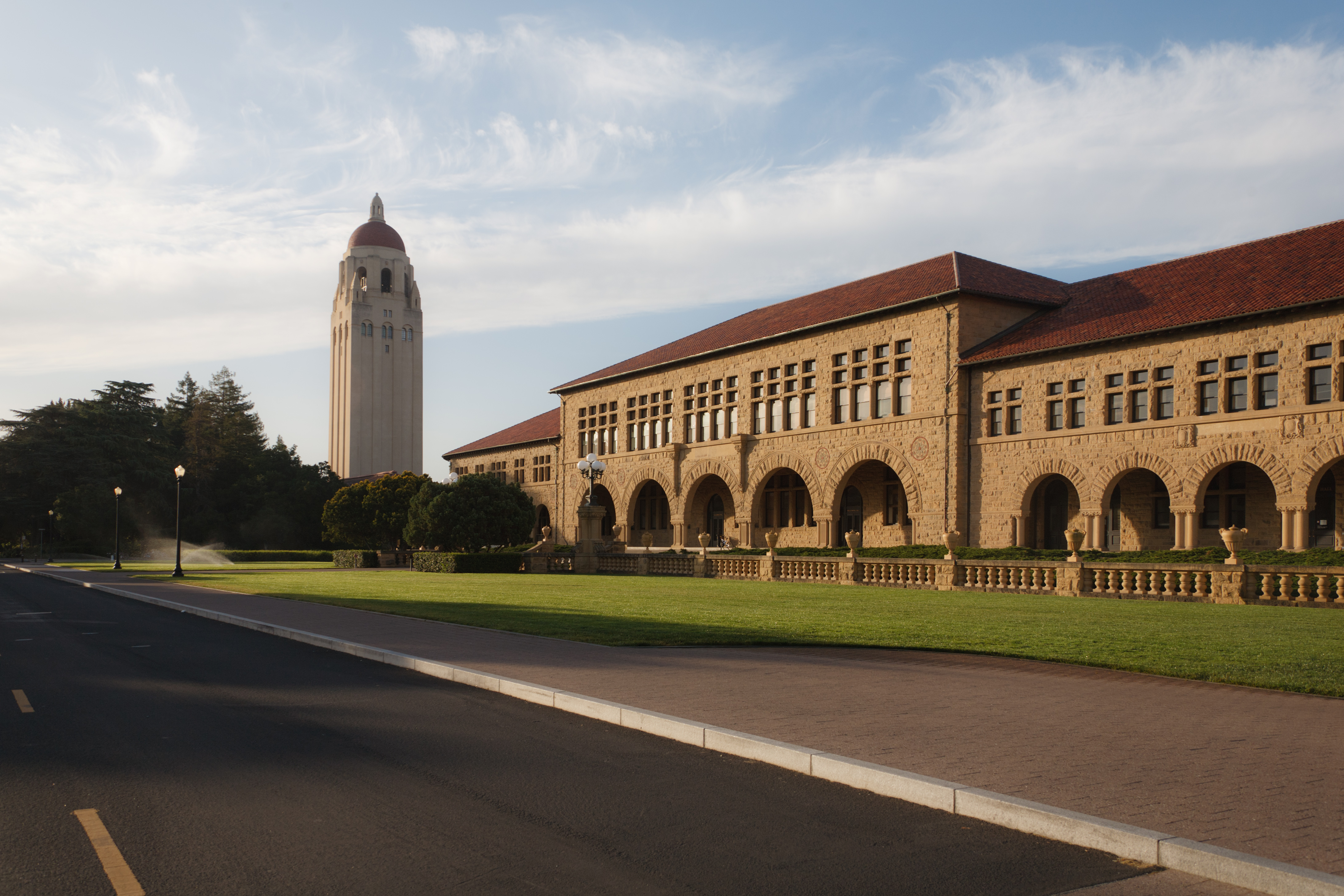As an undergraduate student, Kelly Nguyen ’12 was an active member of the Stanford community, participating in research and Asian-American activism on campus. Two years after graduating with degrees in archaeology and classics, Nguyen began her doctoral studies at Brown University, where she is set to become the school’s first woman to receive a Ph.D. in ancient history. This fall, Nguyen will return to her alma mater — but this time, not as a student.
Nguyen, along with Catherine Duarte, Jordan Starck, Eujin Park and Michaela Simmons, was selected last month to be part of the University’s first cohort of IDEAL Provostial Fellows, one of several initiatives introduced by President Marc Tessier-Lavigne and Provost Persis Drell in June to combat anti-Black racism.
The announcement of the new fellows marks a step forward in Stanford’s attempts to diversity its largely white faculty and support early-career researchers whose work focuses on reshaping race relations. The University selected the fellows from a competitive pool of more than 650 race and ethnicity scholars because of their “outstanding talent, promise and scholarship,” according to C. Matthew Snipp, vice provost for faculty development, diversity and engagement.
“What this program does is bring very talented people who are just beginning to launch their careers to Stanford,” Snipp said. “And these kinds of individuals tend to energize programs and departments, and they contribute a lot to the life of the University.”
When the details of the program were first announced in October, community members welcomed the University’s efforts to expand race and ethnicity studies, but also questioned whether the program would do enough to recruit scholars of color to Stanford — an institution where only 7% of professoriate faculty and 16% of staff identify as underrepresented minorities (URM).
The three-year fellowships will allow these fellows to continue their research and stimulate conversations at Stanford around race and ethnicity. Each is expected to teach one course, and the cohort will also work together to organize a major Stanford conference around race and ethnicity studies.
But aside from merely increasing the diversity among Stanford faculty, the newly recruited scholars said that their unique perspectives, backgrounds and identities will add new dimensions to race and ethnicity studies at the University.
Starck, a Ph.D. student at Princeton University studying social psychology and social policy, said that scholars’ personal experiences and “positions in society” have considerable impact on the questions they pose and the conclusions they reach. Growing up with an “Afro-centric” father versed in literature meant that Starck was often exposed to perspectives outside “the mainstream canon of the academy,” he said.
“You have people familiar with different authors, different thinkers, different vantage points, whether they are formally part of the academy or not,” Starck said. “That really informs the type of work that’s done and how we theorize about the world.”
Simmons, a sociology doctoral candidate at University of California, Berkeley, said that her personal experiences with both race and poverty inspired her to analyze an area not often studied in academia: the foster care system.
“My positionality really shaped what it was that I thought was important about the study of family,” she said. “It wasn’t the study of a nuclear family, it was the study of the way in which the state and the government has destabilized families of color and communities of color. ”
By bringing more scholars of color into the fold, the IDEAL Fellows program has the potential to redefine traditional topics and methods of research, Simmons added.
Nguyen said that her identity and experiences as a refugee and first generation high school and college graduate have also shaped her approach to research. “My background of defying borders and boundaries, both real and perceived, has profoundly informed my scholarship,” she said.
While Nguyen said that she was initially hesitant to share her whole identity in intellectual spheres, her academic career has shown her that “scholars do not have to exist in a vacuum,” and she has realized the benefits of integrating “your whole self into your academic life.”
Park and Duarte did not respond to requests for comment. The IDEAL fellows interviewed by The Daily said they hoped to serve as mentors and role models for Stanford undergraduates, particularly those who identify as URM, and prove that their unique identities have a positive influence on their studies. To do so, they plan to incorporate URM authors and other overlooked sources into their curriculum.
Starck said that providing students with literature that “validates their experiences” is rewarding.
“I get excited about seeing students say, ‘I had a feeling about this,’ or ‘Oh wow, this is exactly what I’m talking about,’ or ‘You just helped me see the world in a completely different way and now this is affecting my trajectory in life,’” Starck said. “Those are really powerful moments for me.”
Simmons echoed Starck, adding that the advocacy and mentorship role of the IDEAL Fellows program was appealing to her. “I really looked at [the program] as an opportunity to not only uplift the research and studies around foster care as a racial justice issue but to also act as a mentor and advocate for students who come from similar positions to my own experience in college,” she said.
While on campus, Nguyen said that she aims to work with community centers and student groups, as well as Bay Area social justice organizations, on initiatives “that combine academics with activism.”
When asked for advice that she would like to impart to undergraduates, she said, “Don’t be afraid — be aware,” a message shared with her by an unhoused person several years ago.
“It’s so easy to get lost as you navigate your place in the world, especially when things like systemic racism and misogyny are working against you,” she said. “Be aware of what is working for you or against you, but don’t be afraid to be your whole self.”
